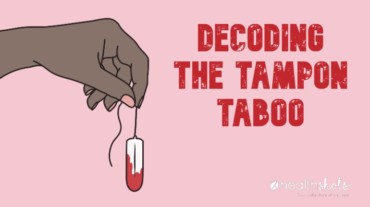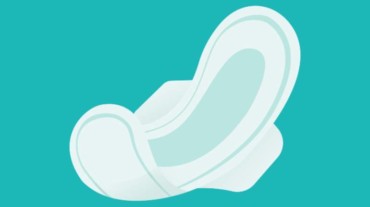Chat with ![]()

Chat with ![]()


I remember when a friend from college opened up about using tampons, I was beyond surprised. We were young girls of 19 and well, I had heard in the corridors of my school that only women who had given birth can wear tampons. From what I knew, if you wore them without having had kids, you might break your hymen or worse, injure yourself to infertility.
Luckily, her mom is a gynaecologist and borrowing her mother’s medical knowledge, my friend educated me about the benefits of a tampon. But, I am still a minority—many Indian girls don’t have access to the information they need about making an educated choice between different menstrual hygiene products.

So, we talked to Dr. Madhu Goel, Associate Director at the Obstetrics and Gynaecology department of Fortis LaFemme in Delhi about why Indian women can’t quite make peace with using tampons and menstrual cups. According to her, there are three primary reasons for this:
1. There is a lack of knowledge about such products
Says Dr Goel: “Girls, often, don’t have access to information about menstruation or any education on the topic. Hence, they are not too aware of the different methods of managing menstrual flow.”
Women who have grown up in India will attest to this fact. We were never completely told about menstruation, menstrual hygiene, and ways of managing the blood flow. Hence, it isn’t surprising that even when we are made aware of tampons or menstrual cups, we still don’t know how to use them or the benefits they have to offer.
2. Availability is an issue
Since there is less knowledge about tampons and menstrual cups, the shopkeepers don’t have high enough demand to stock up on them. A lot of women who might even know about such products are too shy to ask for them or might choose not to use them given the taboo around them. Hence, they’re not readily available in the markets for young girls and women in the menstruating age group.

3. The social taboo around tampons and menstrual cups
Just like I had my own ideas that I’d heard from friends at school, we all carry some amount of misinformation about these products given the taboo around them. Some believe it will lead to losing vaginal tightness or cause an injury or give you an infection.
“Most of the information that women have about these products doesn’t come from education but from their female relatives or friends. That’s why the taboo gets passed on from one female to another, from one generation to the next,” explains Dr Goel.


We asked her what is, then, the reality of tampons and menstrual cups? How many of these myths that constitute the understanding of such products for the average Indian woman are true?
“None of the myths around tampons and menstrual cups are true,” explains Dr Goel. “In fact, using these two products for menstrual flow can be quite freeing. First of all, you can wear these longer than a sanitary napkin which can be worn for only four to five hours.”
“Second, they’re not as messy as pads because they absorb or collect the blood without causing leakage. This means lesser worrying about staining and also, lesser trips to the washroom. Thirdly, they tend to cause lesser rashes and discomfort. Lastly, they’re far more eco-friendly than sanitary pads and generate less waste,” she explains.
She also added that “Once you become adept at placing these products in the right position, you will be comfortable and tension-free during your periods.”
Well, change is something we’re all averse to but clearly, shifting to tampons and menstrual cups seems to be the change that Indian women could really benefit from.